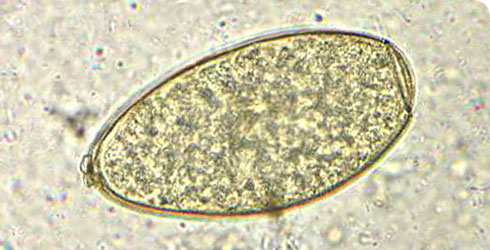Fasciola hepatica (common liver fluke)
Fasciola hepatica, the common liver fluke, is a parasitic worm found in a variety of mammals including man..
Species detail

The adult liver fluke.
Adult worms are typically no larger than 5 cm but many worms can be found in a single animal, causing extensive damage to the liver.
In the UK, Fasciola is generally common in farmed livestock which graze upon wetland pastures where the parasite’s intermediate snail host thrives.
People can also become infected with liver flukes by eating wild water cress contaminated by parasite larvae.
Projects
Diagnosis of the disease is difficult, relying upon the visualization of parasite eggs in faeces.
For humans, however, detection of eggs in stool is unreliable so a variety of new diagnostic approaches are being applied.
At the NHM a project in Argentina is investigating the occurrence of liver fluke disease in man and livestock in the Andes.
-
Taxonomy
-

Distribution
Discover how established liver fluke is in the UK and why it is largely ignored throughout the British Isles.
-

Biology
Learn about the life cycle of the liver fluke and why it is a wonder of evolution.
-

Behaviour
Find out about the behavioural traits of the liver fluke and why it is so difficult to control.
Images
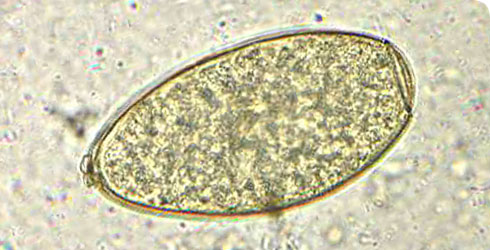
An egg of Fasciola hepatica (common liver fluke).
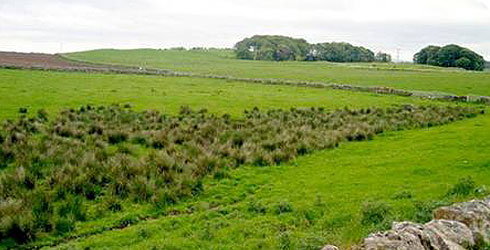
A typical marshy pasture where liver flukes resides.
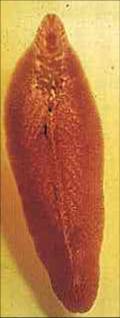
The adult liver fluke.
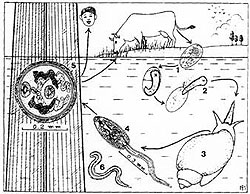
Life cycle of the liver fluke.
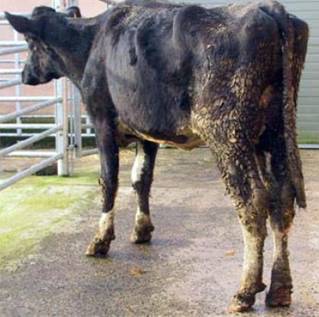
A cow suffering from liver fluke infection.
Author
Dr Russel Stothard
